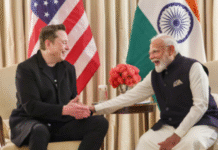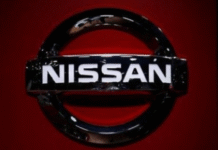San Francisco– A full-page advertisement in The New York Times by advocacy group The Dawn Project has slammed Tesla’s ‘Full Self-Driving’ (FSD) beta software, calling it “the worst software ever sold by a Fortune 500 company”.
The ad was published as part of a campaign to remove Tesla’s FSD beta software from public roads until it has “1,000 times fewer critical malfunctions”.
“We did not sign up for our families to be crash test dummies for thousands of Tesla cars being driven on the public roads,” the ad read.
Priced at $12,000, the FSD software enables Tesla vehicles to virtually drive themselves both on highways and city streets by simply entering a location in the navigation system.
However, the software does not make Tesla vehicles fully autonomous.
The NYT ad came just days after the California Department of Motor Vehicles told Elon Musk-run electric car maker that it would be “revisiting” its opinion that the company’s test programme doesn’t fall under the department’s autonomous vehicle regulations, reports TechCrunch.
US regulators have also begun to take some action against Tesla and its Autopilot and FSD beta software systems.
The US National Highway Traffic Safety Administration (NHTSA) is also investigating a report from the owner of a Tesla Model Y, who reported his vehicle went into the wrong lane while making a left turn in FSD mode, resulting in the vehicle being struck by another driver.
Tesla’s Autopilot has already been involved in around a dozen crashes the world over.
The EV maker in October last year temporarily pulled back the latest version of its FSD beta software, less than a day after its release owing to false crash warnings and other issues.
It has now brought new driver assistance features in its FSD beta, where the electric car will “not exit passing lanes” and “may perform rolling stops” at traffic lights.
It is still not entirely clear whether cars will come to a full stop at stop signs or not.
Performing a rolling stop instead of a complete stop at traffic lights is illegal in several countries. (IANS)







